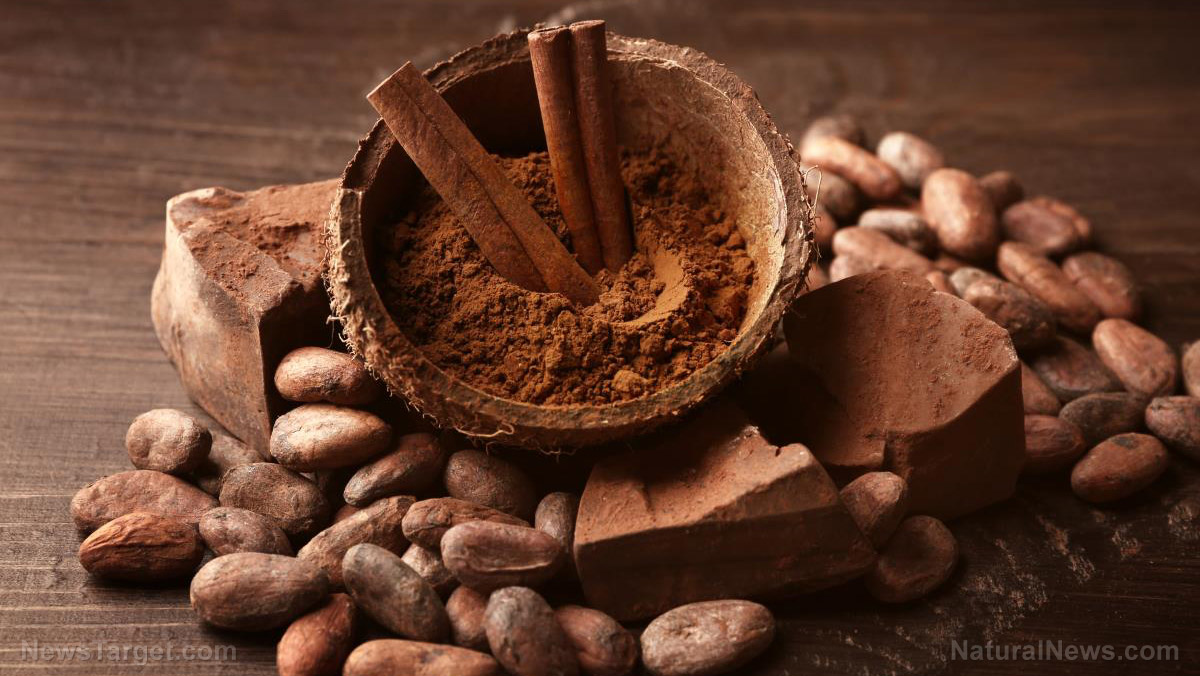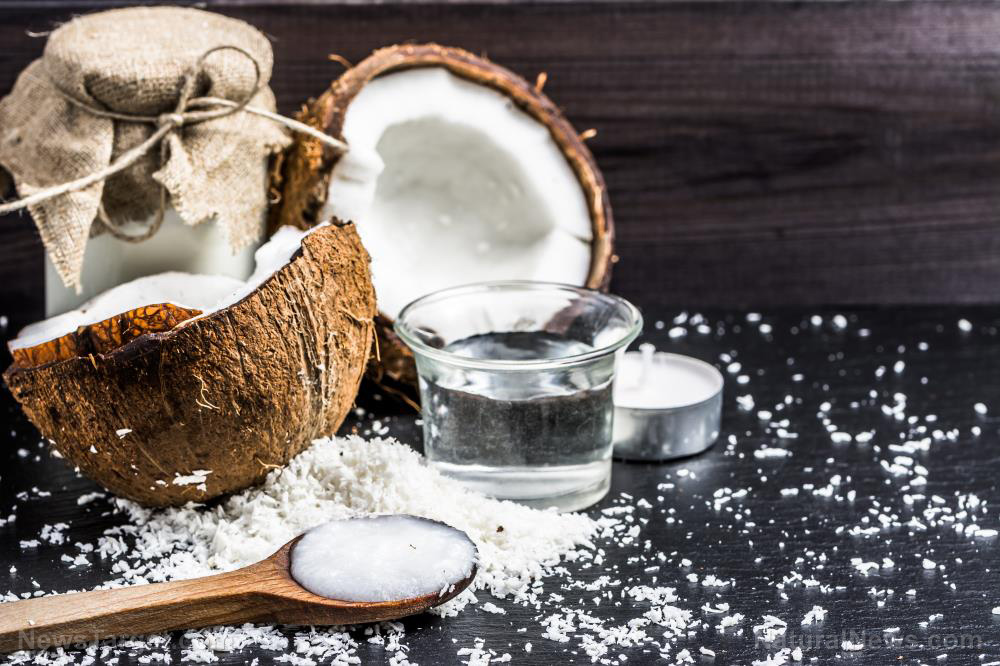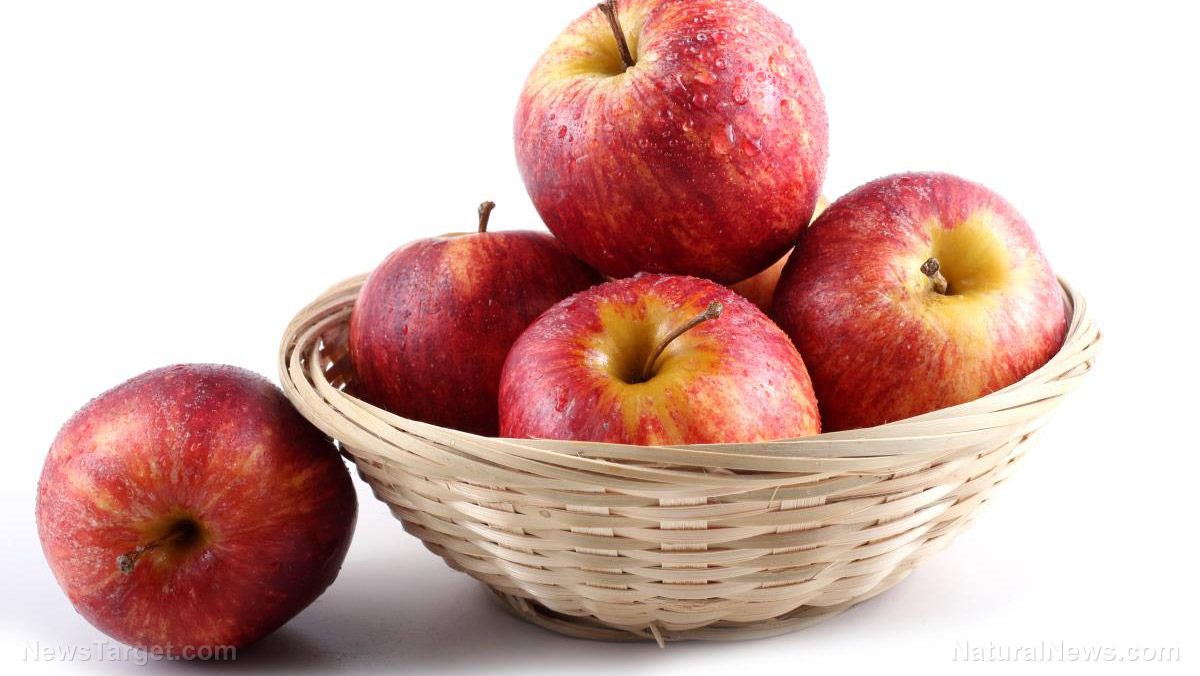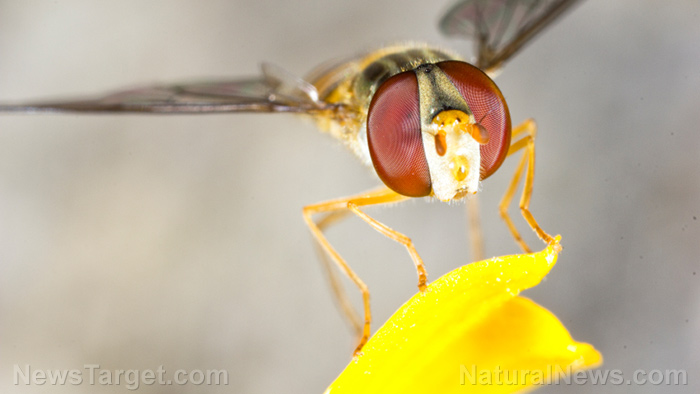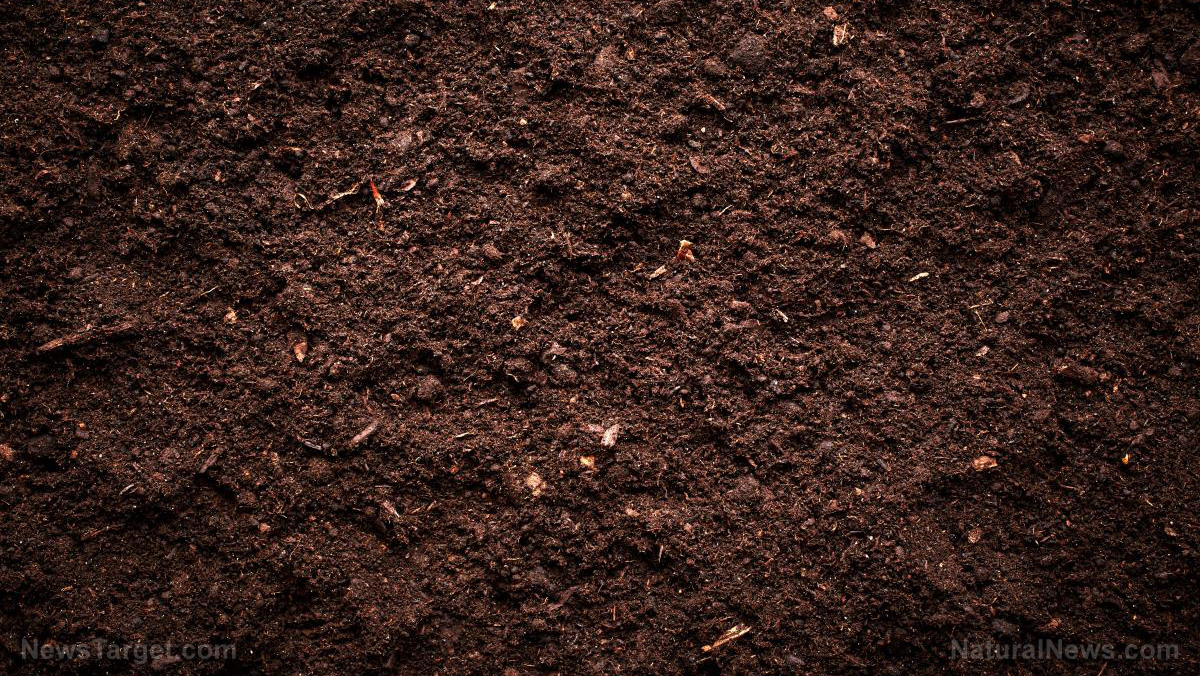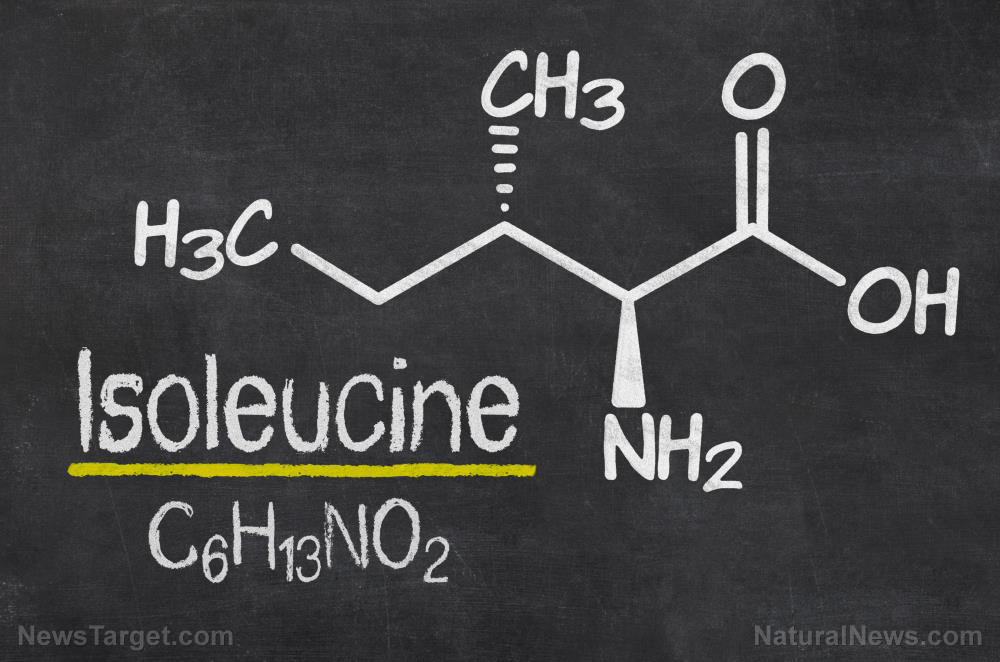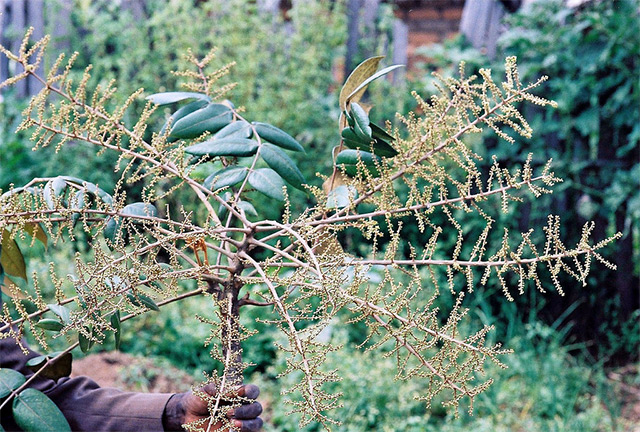Multiple studies confirm that astaxanthin destroys cancer cells
10/24/2018 / By Isabelle Z.

As cancer continues to grow in prevalence, people are increasingly looking for ways to prevent the disease and scientists are researching new treatment methods. While pharmaceutical companies continue to pour billions of dollars into developing synthetic drugs that won’t necessarily cure people but will certainly grow their bottom line, other scientists are taking a closer look at the benefits to be gleaned from the compounds provided to us by nature.
We’ve heard a lot about the healing power of foods like ginger and turmeric, but there is another natural compound that is starting to gain traction when it comes to addressing cancer. Astaxanthin, a fat-soluble carotenoid, has been shown to target cancer cells and destroy or disrupt them in every stage of development without damaging normal cells.
You might not have heard of astaxanthin before, but you’ve almost certainly appreciated it if you’ve ever admired the cheerful pink shade of flamingos or the beautiful pink-orange tone of salmon. These animals get astaxanthin by feasting on the algae that produces it or other animal that eat this algae, such as shrimp.
Astaxanthin has already been found to fight inflammation, which is at the root of cancer and other chronic diseases like diabetes. In animal studies, astaxanthin reduced the inflammation seen in mucosal ulcers, effectively preventing adenocarcinoma. Meanwhile, studies in human lymphoma cells found that it could interfere with pro-inflammatory cytokines like tumor necrosis factor-alpha.
That’s not the only way it helps to fight cancer, however. It has also been shown to protect against the oxidative stress caused by free radicals. This should come as no surprise when you consider the fact that scientists estimate its antioxidant power to be 6,000 times greater than that of vitamin C and 150 times higher than the anthocyanin pigments that give blueberries their health benefits.
The power of the elements: Discover Colloidal Silver Mouthwash with quality, natural ingredients like Sangre de Drago sap, black walnut hulls, menthol crystals and more. Zero artificial sweeteners, colors or alcohol. Learn more at the Health Ranger Store and help support this news site.
Astaxanthin has yet another trick up his sleeve when it comes to cancer, promoting the death of cancer cells in liver and oral cancers in studies. It’s a useful finding for liver cancer, which has a high recurrence rate and can be quite difficult to treat. It also helps to improve the ability of healthy cells to communicate, which is something that can stop the development of cancer.
Once you do have cancer, astaxanthin can stop it from progressing and metastasizing into tissues, organs and bones. In addition, it can stunt tumors’ ability to form the new blood vessels needed to sustain them. Studies of lung cancer cells have also indicated that it can help boost the efficacy of conventional cancer drugs like pemetrexed.
In a noteworthy study that was published in the Journal of Marine Drugs, scientists gave mice with prostate cancer either a high or low dose of astaxanthin or a placebo. After 31 days had passed, the scientists discovered that the weight and volume of the tumors in those who were given the high doses dropped by a remarkable 40 percent. Meanwhile, those who received no astaxanthin did not see any tumor shrinkage. The low-dose group did not see any benefits either, which illustrates how important it is that people get sufficient dosages of the pigment.
Do you need more astaxanthin?
After learning about the many benefits astaxanthin provides in fighting cancer, the next question many people have is how they can raise their levels of it. The best way to do this is by consuming food like wild-caught salmon, coho salmon, and red trout. Some other good sources are shrimp, crabs, crayfish, salmon roe, and lobster.
If you’re not a seafood fan or you try to limit your consumption, you can also turn to supplements. However, there’s a high chance of heavy metal contamination given the source of astaxanthin, so this is one case where it is crucial that you get it from a trusted supplier that is lab-verified to be free of contamination.
Cancer is a frightening disease to face, but findings like these are making researchers hopeful that better prevention and treatment methods may be just around the corner.
Sources for this article include:
Tagged Under: anticancer, antioxidants, astaxanthin, astaxanthin supplements, cancer, Cancer Cells, carotenoids, natural remedies, nutrients, prevent disease, salmon, supplements

